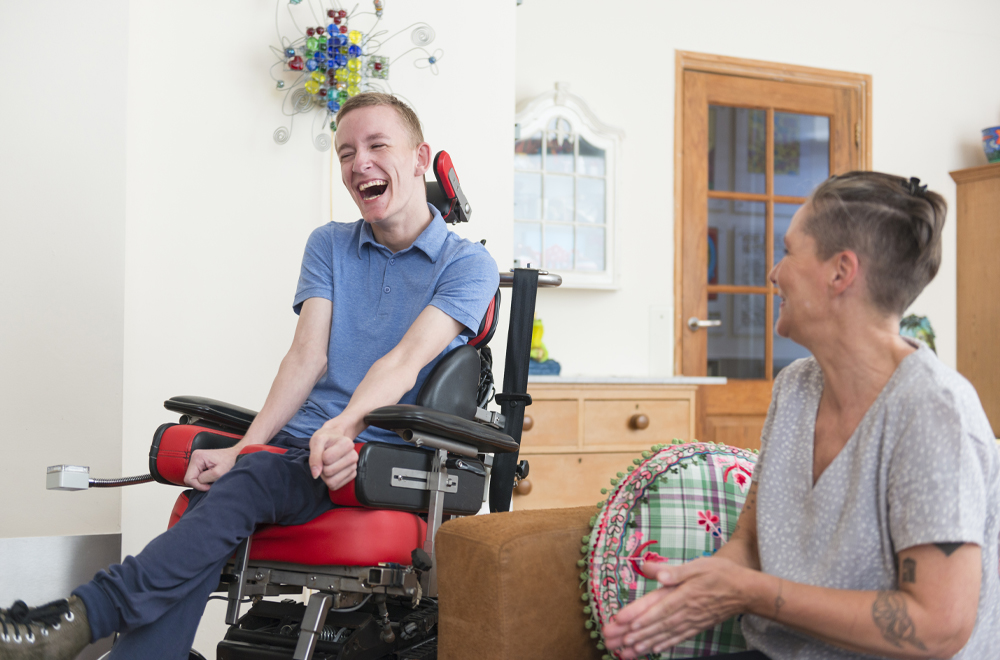The Australian human forces workforce needs significant, immediate and permanent changes to meet a growing demand, according to a report from Human Services Skills Organisation (HSSO)
This includes aged care, disability, early childhood education, allied health and veteran’s support.
Human Services is the fastest growing industry in the Australian economy with an additional 250,000 jobs needed to meet the escalating demand by 2025.
HSSO CEO Jodi Schmidt said providing skilled workers in the right place at the right time is the most pressing challenge.
“The innate difficulty of the task that lies ahead is the need to move the dial on everything at once,” she said.
According HSSO, Australia needs to build a responsive and capable disability support workforce comprising primarily of support workers, nurses and allied health professionals.
The latest data showed there were more than 9,1000 active NDIS providers employing around 270,000 workers across 20 occupations. By 2024 it is estimated the around 643,000 NDIS participants will require support from almost 350,000 workers.
More than 500 people attended workforce forums nationally, and the HSSO has engaged more broadly with more than 800 organisations, representing employers, sector peak bodies and registered training organisations. Employers reported they are caught on a relentless treadmill of solving the workforce challenges of today, or even the next shift.
Together with the sector, the HSSO is tasked with finding sustainable workforce solutions that includes new ways to source, attract and skill a workforce pipeline, to test and adopt new workforce practices, improve productivity, introduce new technology and approaches to workforce development.
“Effective and future-oriented workforce development strategies, and increased industry engagement, are critical to building a skilled workforce that can meet future challenges,” Schmidt said.

